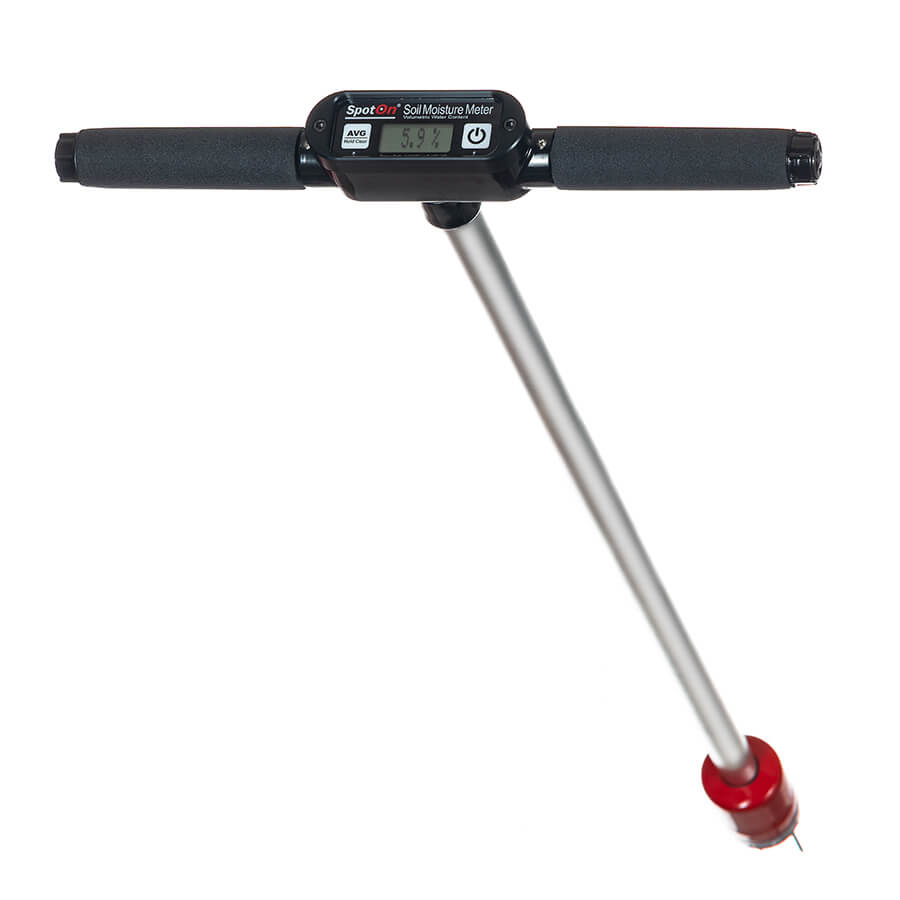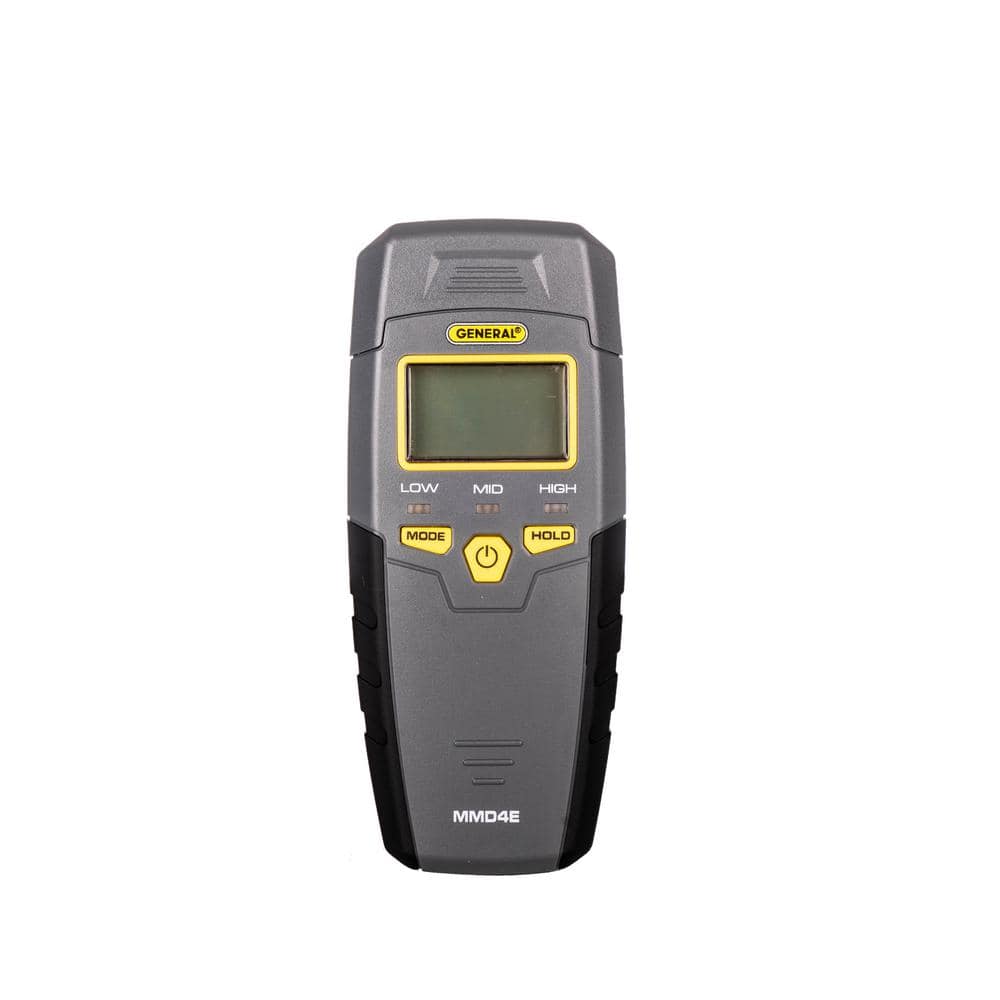The Ultimate Guide to Moisture Meters: A Comprehensive Summary and Exactly How They Can Conserve You Money
Wetness meters serve as indispensable tools in detecting and checking moisture content in products, helping in avoiding pricey damages and guaranteeing the quality of items. Understanding the subtleties of various types of moisture meters, their applications, and the potential cost-saving benefits they offer can be a game-changer for businesses and professionals alike.
Kinds Of Moisture Meters
One usual type is the pin-type wetness meter, which gauges the electrical resistance between two pins put right into a material. Pinless dampness meters, on the various other hand, use electromagnetic sensor plates to scan a bigger area without causing damage to the product's surface.

In addition, there are also specialized moisture meters made for certain materials like soil, hay, or grain. These meters provide exact wetness analyses tailored to the special residential properties of the material being checked. Infrared moisture meters measure the thermal residential or commercial properties of a material to establish its wetness material non-invasively, making them useful for applications where pin or pinless meters might not be appropriate. Understanding the different kinds of moisture meters available can help sectors pick the most proper device for their specific wetness dimension requirements.

Advantages of Utilizing Moisture Meters
Dampness meters supply vital advantages in precisely assessing and keeping track of moisture degrees in diverse materials and atmospheres (Moisture Meter). Among the main benefits of making use of wetness meters is the prevention of potential damages brought on by excess moisture. By discovering and resolving high moisture levels at an early stage, wetness meters aid to stop mold growth, rot, and structural damage in buildings, saving both time and cash on fixings. Furthermore, dampness meters help in making certain the high quality of products throughout building or production procedures. By accurately gauging dampness content, these devices help keep the stability of timber, drywall, concrete, and other materials, decreasing the risk of failures or defects.
Furthermore, using wetness meters can lead to boosted energy performance. In agricultural settings, dampness meters play a crucial function in optimizing crop yields by making it possible for farmers to keep track of dirt dampness levels and make informed irrigation decisions.
How to Select the Right Dampness Meter
When selecting a wetness meter, it's important to ensure that the meter is suitable for the specific material you will be testing. Various materials have varying electrical residential or commercial properties that can impact wetness analyses, so selecting a meter developed for your material is vital for exact outcomes. By thoroughly evaluating these elements, you can select a dampness meter that fulfills your demands and offers exact wetness dimensions for your projects.
Correct Methods for Wetness Meter Use

Cost Cost Savings Via Moisture Meter Applications
Just how can the our website strategic application of wetness meters cause substantial price savings throughout different markets? Dampness meters play an essential duty in cost savings by protecting against prospective damage and ensuring quality control in various markets. In the agriculture market, dampness meters aid in figuring out the optimal time for harvesting crops, preventing over-drying or excess dampness that can impact the final item's high quality. This specific tracking aids farmers stay clear of unneeded losses and optimize their yield.
Likewise, in construction, wetness meters help stop expensive problems by finding dampness degrees in structure materials, such as timber or concrete, which can lead to structural issues otherwise attended to quickly. By identifying problem view it now locations at an early stage, contractors can take rehabilitative actions to stay clear of substantial repair work or replacements, inevitably conserving money and time.
In addition, in the food processing industry, wetness meters are crucial for keeping track of product high quality and making sure compliance with safety and security guidelines. By properly determining dampness material in food, suppliers can stop spoilage, maintain freshness, and reduce waste, resulting in significant expense savings. Generally, the strategic application of moisture meters is an important investment that can cause substantial expense reductions and improved efficiency throughout different markets.
Verdict
In conclusion, moisture meters are beneficial devices for discovering and measuring wetness degrees in different materials. By using the best dampness meter and following appropriate techniques, customers can efficiently avoid pricey damages created by excess wetness.
Dampness meters offer as vital devices in spotting and monitoring moisture material in products, assisting next page in avoiding expensive problems and making certain the top quality of items. Infrared wetness meters determine the thermal homes of a product to establish its wetness content non-invasively, making them helpful for applications where pin or pinless meters might not be ideal.Wetness meters use important benefits in accurately assessing and checking wetness levels in varied products and environments. In agricultural settings, dampness meters play a vital duty in optimizing crop returns by allowing farmers to check dirt moisture degrees and make informed watering choices.In conclusion, wetness meters are important devices for finding and measuring wetness degrees in numerous products.